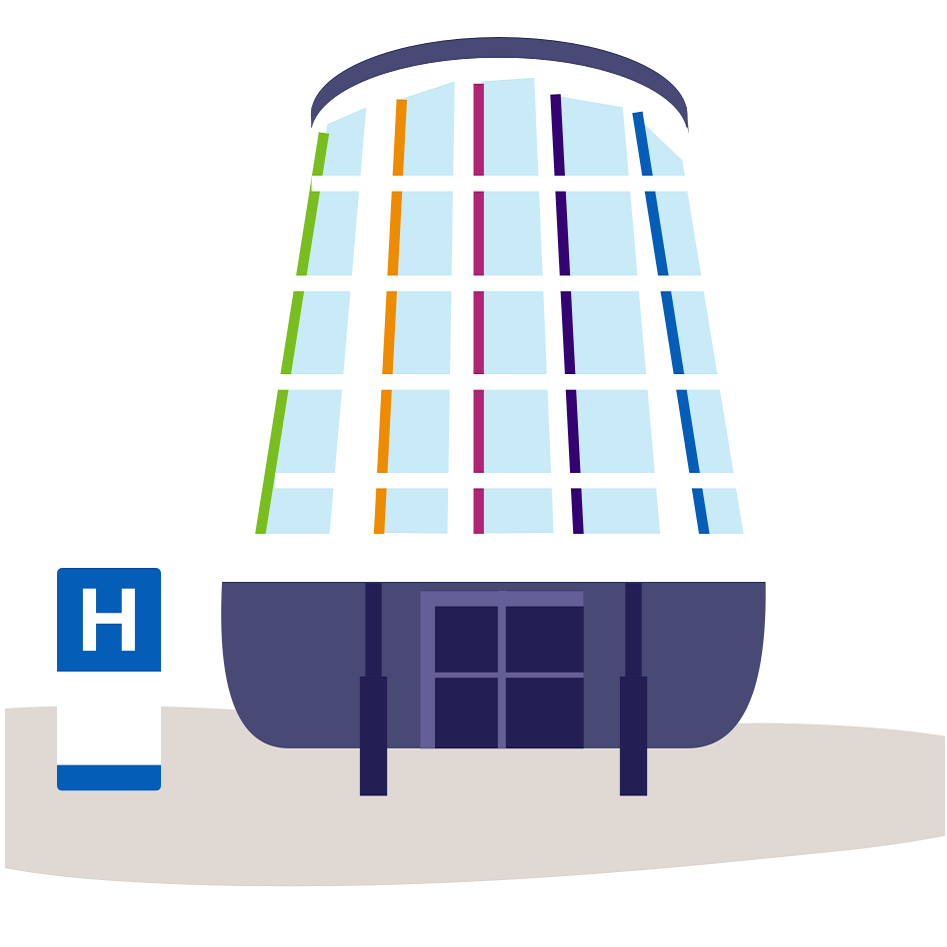Click here for printable versions of this leaflet in:
| English | Arabic عربى | Mandarin普通话 |
| Polish (Polskie) | Romanian (Română) | Urdu اردو |


This advice is intended for parents/carers taking their child home after consulting a doctor. Your doctor may recommend different treatments depending on your child's condition.
Is it not possible to prevent ear infections; however, you can do things that may reduce your child's chances of developing the condition:
 |
|
|---|---|
|
If your child has any of the following:
|
You need urgent help. Go to the nearest Hospital Emergency Department or phone 999 |
 |
|
|---|---|
|
If your child has any of the following:
|
You need to contact a doctor or nurse today. Please ring your GP surgery or call NHS 111 - dial 111 |
 |
|
|---|---|
|
If none of the above features are present Continue providing your child’s care at home. |
Self care Continue providing your child’s care at home. If you are still concerned about your child, call NHS 111 – dial 111 |
Content adapted with permission from the what0-18.nhs.uk resource produced by the Healthier Together initiative

We are one of the leading paediatric care centres in the UK, and the largest in Scotland. We provide family centred care to newborns, infants, children and young people both in hospital and in the community.
https://www.glasgowchildrenshospitalcharity.org/